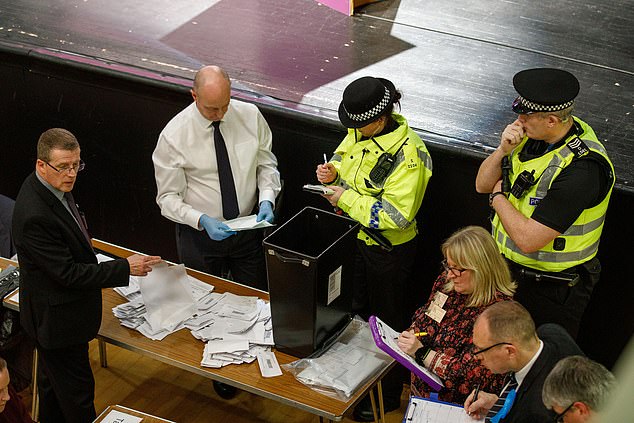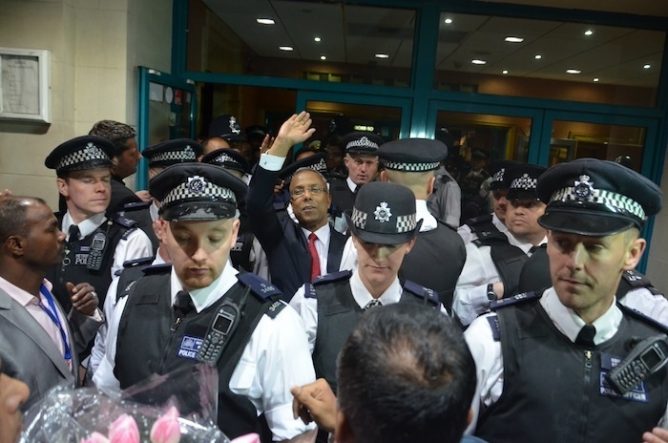The British government have announced plans to introduce compulsory voter ID in an effort to tackle fraud. It’s a start but it’s barely scratching the surface.
Voter fraud at polling stations is unbelievably easy to perpetrate and the fact that nothing has been done to tackle it until now is frankly astonishing. You can literally walk into any polling station anywhere in the country with the name and address of a registered voter and vote on their behalf without their knowledge.
Requiring ID to vote in person will deter casual fraud but it won’t stop even a vaguely competent fraudster. Utility bills or other types of ID can be easily forged to give legitimacy to fraudulent entries on the electoral register. ID cards can be purchased online that simply require copies of documents that can easily be forged and the endorsement of someone off the usual list of people who can countersign passport photos – doctors, teachers, councillors, etc. Just the kind of people who will actively campaign for the party that benefits from most vote fraud.
Fraud at polling stations is a problem but it’s certainly not the only problem or even the biggest problem. Postal vote fraud and multiple voting is where most of the fraud occurs.
There are several common types of postal vote fraud. Stealing ballot papers was something that was bragged about in the most recent election, especially in student accommodation at universities where students had already broken up for Christmas. Some people even bragged of paying for blank postal votes at universities.
One of the long-running and very common frauds with postal votes is “community leaders” either collecting blank ballot papers or forcing voters to vote a certain way and taking the completed ballot paper from them. A variation on this is campaigners and candidates visiting care homes to do the same.
Multiple voting is common amongst students where they can quite legitimately register to vote both at their family home and their university. This is to allow them to choose one or the other depending on where they are at the time and which constituency they feel an affinity with. They are only allowed to vote in one constituency or the other but it is common for students to vote by post in their home constituency and in person at their university address.
The only way to prevent postal vote fraud is to limit who is able to request a postal vote in the first place. Postal voting on demand needs to be repealed and become the exception again.
Voters in care homes, sheltered accommodation and student digs who are especially vulnerable to intimidation, coercion and theft of their ballots should not be able to vote by post. Election officials from the local authority should visit such buildings with sealed ballot boxes and officiate over votes being cast to ensure it is being done freely and by the correct person.
Finally, the system of local authorities each maintaining their own electoral register needs to be replaced with a single, national electoral register. This would go some way to preventing voters registering in more than one constituency when they are not entitled to. And, in fact, nobody should be entitled to vote in more than one constituency. Students should be required to pick a home and be restricted to voting at that home.
The above changes – removing the right to postal voting on demand, establishing mini polling stations for groups of at-risk voters, creating a single electoral register covering the whole country and only allowing one entry on the register per person – combined with a requirement to show ID at polling stations should wipe out the majority of voter fraud. Sophisticated fraudsters will always find ways round the system but for most people it will prove to be too much hassle and too big a risk for too little reward.
Whatever is done needs to be done soon and it needs to be comprehensive. Just fiddling with bits of a very broken and corrupt system to be seen to be doing something isn’t good enough. Boris needs to be bold if he is going to tackle voter fraud.


